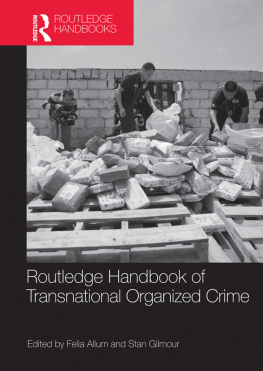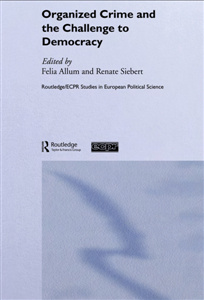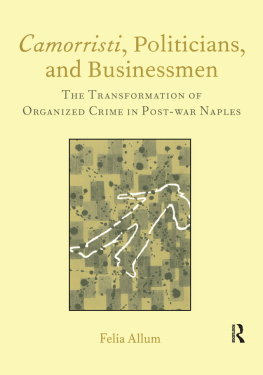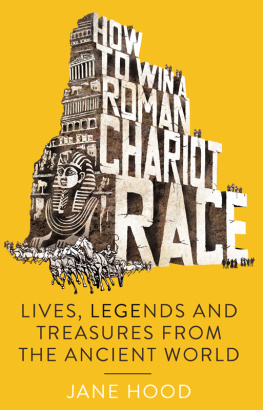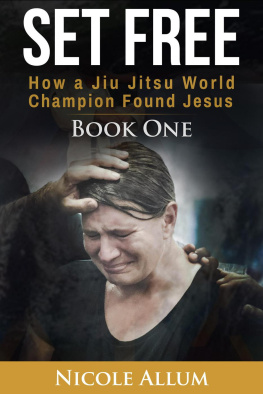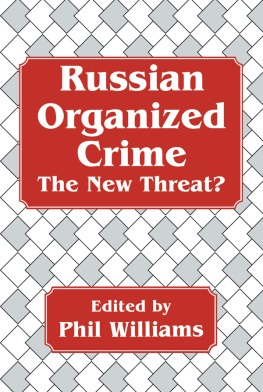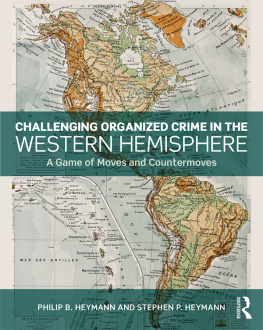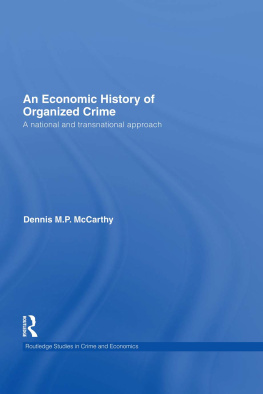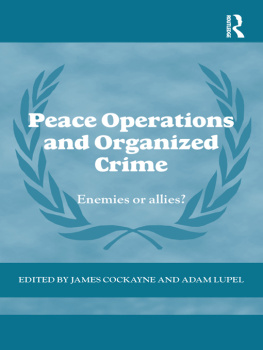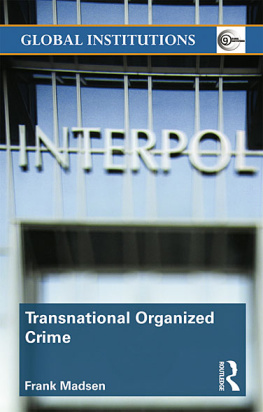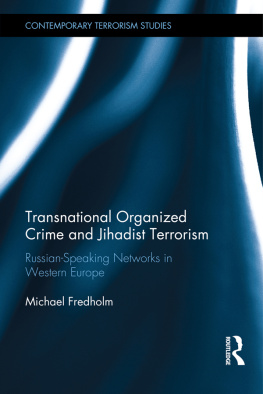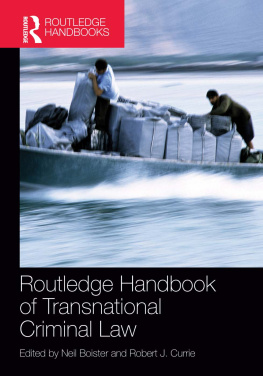Felia Allum - Routledge Handbook of Transnational Organized Crime
Here you can read online Felia Allum - Routledge Handbook of Transnational Organized Crime full text of the book (entire story) in english for free. Download pdf and epub, get meaning, cover and reviews about this ebook. year: 2011, publisher: Routledge, genre: Children. Description of the work, (preface) as well as reviews are available. Best literature library LitArk.com created for fans of good reading and offers a wide selection of genres:
Romance novel
Science fiction
Adventure
Detective
Science
History
Home and family
Prose
Art
Politics
Computer
Non-fiction
Religion
Business
Children
Humor
Choose a favorite category and find really read worthwhile books. Enjoy immersion in the world of imagination, feel the emotions of the characters or learn something new for yourself, make an fascinating discovery.
- Book:Routledge Handbook of Transnational Organized Crime
- Author:
- Publisher:Routledge
- Genre:
- Year:2011
- Rating:4 / 5
- Favourites:Add to favourites
- Your mark:
- 80
- 1
- 2
- 3
- 4
- 5
Routledge Handbook of Transnational Organized Crime: summary, description and annotation
We offer to read an annotation, description, summary or preface (depends on what the author of the book "Routledge Handbook of Transnational Organized Crime" wrote himself). If you haven't found the necessary information about the book — write in the comments, we will try to find it.
Felia Allum: author's other books
Who wrote Routledge Handbook of Transnational Organized Crime? Find out the surname, the name of the author of the book and a list of all author's works by series.
Routledge Handbook of Transnational Organized Crime — read online for free the complete book (whole text) full work
Below is the text of the book, divided by pages. System saving the place of the last page read, allows you to conveniently read the book "Routledge Handbook of Transnational Organized Crime" online for free, without having to search again every time where you left off. Put a bookmark, and you can go to the page where you finished reading at any time.
Font size:
Interval:
Bookmark:


by Routledge
2 Park Square, Milton Park, Abingdon, Oxon OX14 4RN
by Routledge
711 Third Avenue, New York, NY 10017
A catalogue record for this book is available from the British Library
Routledge handbook of transnational organized crime / edited by Felia Allum and Stan Gilmour.
Includes bibliographical references and index.
1. Transnational crime. 2. Organized crime. I. Allum, Felia, 1971- II. Gilmour, Stan.
HV6252.R695 2011
364.106--dc22
2011015563
ISBN: 978-0-203-69834-1 (ebk)
For Marie Pierrette and Percy
Felia Allum and Stan Gilmour
Theories, concepts, definitions and laws
Helena Carrapio
Petrus C. van Duyne and Mark D. H. Nelemans
William J. Chambliss and Elizabeth Williams
Joseph Wheatley
Origins and manifestations
Tom Vander Beken
Michael Woodiwiss
Serguei Cheloukhine
Stephen Ellis
Roderic Broadhurst, Sandy Gordon and John McFarlane
Roderic Broadhurst
Contagion and evolution
Tim Hall
Klaus von Lampe
Michael Kenney
Alexis A. Aronowitz
Tamara Makarenko
Dick Hobbs and Sue Hobbs
Margaret E. Beare
Intensity and impact
Kelly Hignett
Paddy Rawlinson
Jana Arsovska
Alessandra Dino
Jason Pine
Governance
Jane Schneider and Peter Schneider
Clive Harfield
Leanne Weber and Michael Grewcock
Dawn L. Rothe and Jeffrey Ian Ross
Angela Gendron
Monica den Boer
Mark Bishop
Robert J. Kelly and Sharona A. Levy
Reaction and future
Stan Gilmour and Robert France
Armando DAlterio
Benjamin Goold
Alexandra V. Orlova
David A. Marvelli and James O. Finckenauer
Wayne Snell
Font size:
Interval:
Bookmark:
Similar books «Routledge Handbook of Transnational Organized Crime»
Look at similar books to Routledge Handbook of Transnational Organized Crime. We have selected literature similar in name and meaning in the hope of providing readers with more options to find new, interesting, not yet read works.
Discussion, reviews of the book Routledge Handbook of Transnational Organized Crime and just readers' own opinions. Leave your comments, write what you think about the work, its meaning or the main characters. Specify what exactly you liked and what you didn't like, and why you think so.

